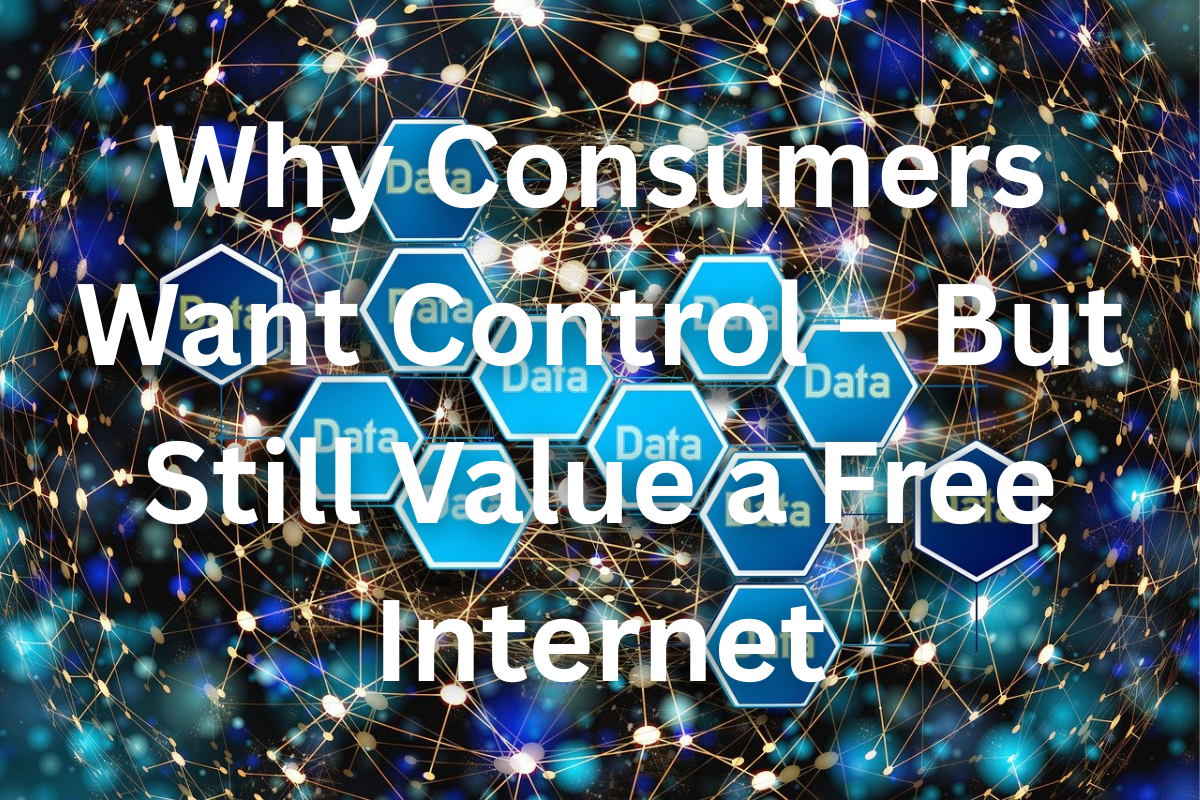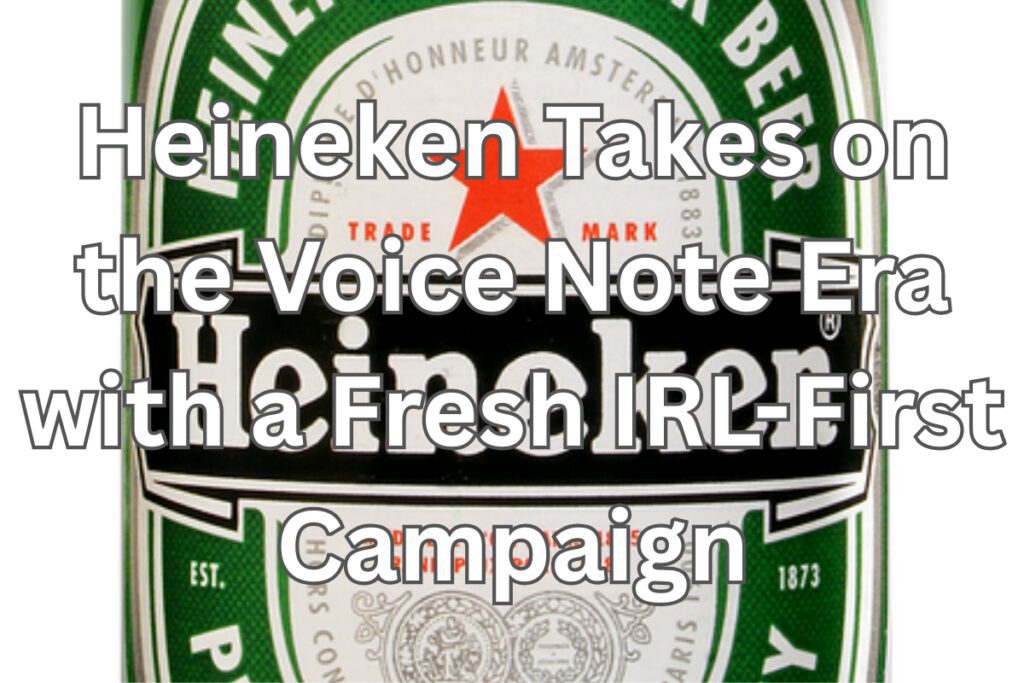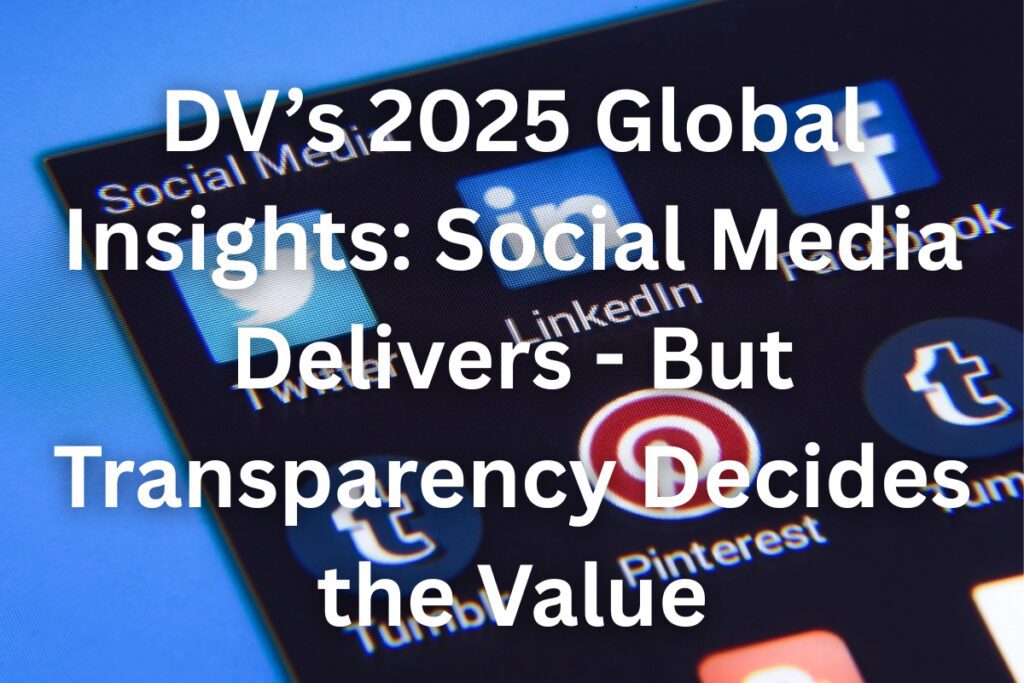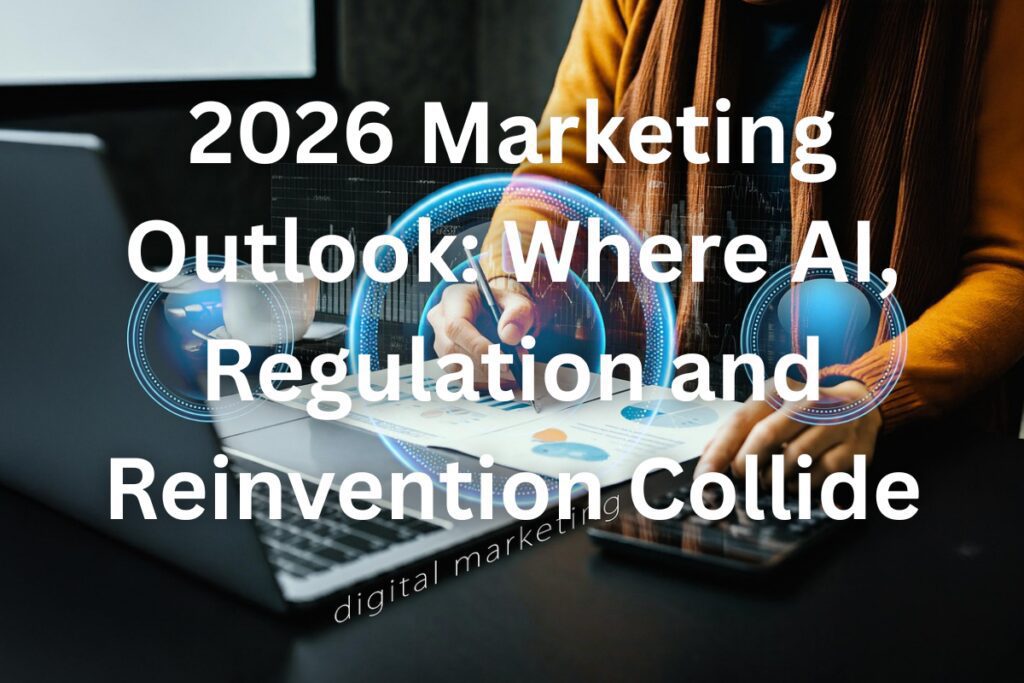Consumers across Europe are making their voices heard – they want greater control over their personal data, but they also recognise the value of an ad-supported internet.
That’s the headline from new research conducted by IAB Europe, in partnership with leading insights agency Kantar.
The study, one of the most comprehensive of its kind, surveyed over 10,500 internet users aged 16 and above across 12 European countries, including Germany, France, Italy, Spain, Poland, Sweden, and others.
It offers a detailed look into how people feel about online advertising, data privacy, and the trade-offs they accept to access free online content.
The True Value of a Free Internet
What stood out most was the economic reality of the internet today. The research revealed that the average European consumer enjoys around €212 (£181) worth of free online services every single month.
From search engines and email platforms to news websites and social media, these digital tools have become essential – and most of them are funded by advertising.
Yet, while people value free access, concerns over privacy remain strong. According to the study, 60% of consumers believe a “pay or consent” model is reasonable – but only when they fully understand the value exchange that happens when they agree to share their data.
In other words, consumers are willing to accept advertising in return for free content, but transparency is key.
Attitudes Towards Advertising Are Changing
The study also uncovered how attitudes to advertising itself are evolving.
Most consumers don’t mind ads – they just want them to be relevant and non-intrusive. In fact, 80% of respondents said that online ads can be useful when done right, with over 70% describing the experience of seeing a helpful ad as positive.
Interestingly, many consumers agreed that fewer personalised ads were actually less intrusive than being overwhelmed with irrelevant ones. This highlights a clear preference for quality over quantity when it comes to online advertising.
GDPR Awareness is High – But Frustrations Remain
Despite these positive signs, the research also highlighted frustration. Seven years after the introduction of GDPR, awareness of data rights is high. Consumers understand that GDPR was designed to give them choice, place obligations on businesses, and enforce penalties for non-compliance.
However, many users still find the daily experience of managing privacy settings confusing or tiresome. There remains a gap between what GDPR promises and what consumers actually experience when browsing the web.
There is also a disconnect between the concept of personalised advertising and its execution. While people like the idea of ads being relevant to them, they often struggle to recall many examples where advertising has genuinely delivered on that promise.
IAB Europe’s Recommendations for Moving Forward
The study’s findings have prompted IAB Europe to publish a set of recommendations aimed at striking a better balance between privacy and free access.
These include protecting the availability of high-quality online services, improving communication to help users understand how digital advertising works, and maintaining the current legislative framework for personalised advertising rather than introducing more complex new laws.
There is also a strong call for more user-friendly consent experiences, alongside reducing unnecessary barriers that disrupt both the consumer journey and business operations. Crucially, IAB Europe stressed that the priority now should be the effective implementation of existing rules, rather than layering on additional regulation.
Conclusion: Striking the Right Balance
In the end, the message from European consumers is clear. People want control over their data. They want meaningful choices. But they also understand that a free and open internet comes at a price – and that price is often advertising.
For businesses, advertisers, and regulators, the challenge is to deliver advertising that respects privacy, offers real relevance, and genuinely enhances the online experience.
Getting this right won’t just benefit consumers – it will help sustain the future of the free internet itself.









